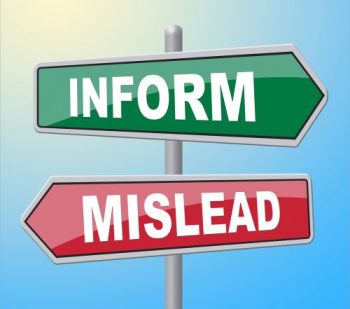Attention Reporters: USC Study Has Fatal Flaws
Taking a break from allowing Aunt Becky to bribe her kids’ way into the school, USC is now promoting a new study that looks at dietary recommendations for pregnant women and children regarding foods that could contain environmental contaminants.
The study is academically weak, because it only looks at the risks of consumption of seafood while completely ignoring the benefits, especially during pregnancy/childhood. Protein, vitamins and omega-3’s are totally disregarded. By contrast, you could fill a library with the studies that conclude the benefits of eating fish far outweigh the risks.
Journalists should also be wary and take care in reporting that the study focuses on “six European countries,” not the United States, a vital distinction that could get lost in casual reporting.
Here’s why it’s so important with regard to the fish findings. The study’s conclusions are only relevant to a scenario in which hypothetical harms would be reduced if “pregnant women and children did not exceed the current dietary recommendation for fish.” In the U.S., pregnant women are encouraged to eat 12 ounces of fish per week, but the Food and Drug Administration finds they eat only 1.89 ounces, far below the threshold level for benefits, let alone risk.
Suggesting that the study has repercussions for American women and children, whose consumption levels are known to be worrisomely low, is both unwarranted and potentially dangerous. It’s like saying a road might be safer if the speed limit were not raised from 55 to 65 mph, ignoring the fact that the average motorist on that road is traveling at only 8.66 mph.
Pregnant women should be working to increase their seafood consumption, not decrease it.
For accurate facts about seafood and pregnancy visit youtube.com/aboutseafood



